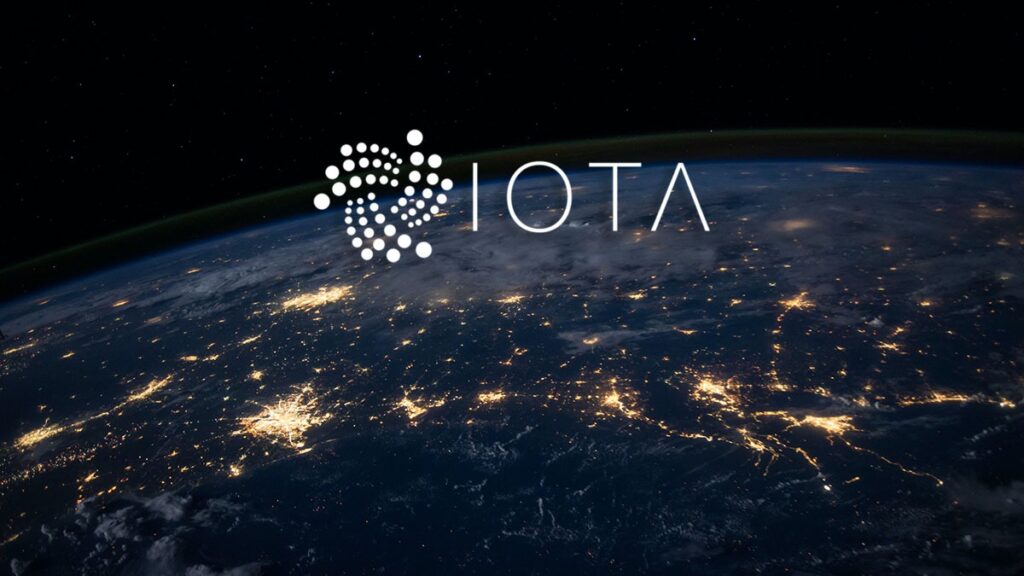- IOTA enables EVs to trade energy directly without money, cutting costs by over 69% and boosting grid reliability.
- Beyond energy, IOTA supports logistics, trade, and regulatory compliance for scalable, sustainable networks.
Electric vehicles (EVs) may soon reshape the energy market, thanks to innovative solutions using IOTA technology. Recent research highlights a method where EVs can trade energy directly with each other, bypassing traditional monetary transactions. This approach not only reduces costs but also improves grid reliability, offering a glimpse into the future of decentralized energy networks.
ALSO READ:IOTA TVL Surges to $36M as Token Eyes $0.50 Breakout.
IOTA EV Energy Trading Without Money
The study, published in the IEEE Transactions on Green Communications and Networking, proposes that each EV acts as a mobile battery capable of both supplying and receiving power. Instead of paying for energy with cash, vehicles engage in mutual energy return agreements. Every transaction is recorded on the IOTA network, which allows for instant, fee-free processing. This system can handle millions of micro-energy exchanges without congestion, making it highly scalable.
Salima, a technology enthusiast, summarized the concept perfectly:
“Goodbye money, hello energy bartering.”
🚀 “Goodbye money, hello energy bartering” — that’s the bold vision of Muhammad Rizwan, Ammar Hawbani, Xingfu Wang, Shivanshu Shrivastava, Pelin Angin Ulkuer, and Liang Zhao in their IEEE Transactions on Green Communications and Networking paper “An IOTA-Based Energy Bartering…
— Salima (@Salimasbegum) August 11, 2025
Simulation Reveals Cost Savings and Grid Stability
Using a Stackelberg game model, researchers simulated EV energy trades where vehicles submit offers and the grid selects the best deals based on demand. Results were striking: energy costs dropped by up to 69.23% for EV owners compared to traditional trading setups. The framework also enhanced grid resilience, allowing idle EVs to supply power during outages and maintain service during emergencies.
IOTA’s feeless, highly scalable infrastructure avoids the limitations of conventional blockchains, making it ideal for future high-demand energy networks. As Salima noted,
“IOTA isn’t just crypto — it’s the backbone of tomorrow’s energy economy.”
Expanding Applications Beyond Energy
IOTA’s potential stretches beyond EV energy trading. In trade finance, it is piloting tokenized invoices and critical mineral tracking in Singapore and East Africa. In logistics, sensor-equipped containers monitor cargo conditions and enable remote door control for secure deliveries.
Additionally, IOTA supports environmental and regulatory compliance. The EU has seen its battery lifecycle tracking system for EVs, documenting everything from manufacturing to recycling on-chain while ensuring sensitive data can be kept off-chain and deleted to comply with GDPR.
As electric vehicles and decentralized energy systems grow, IOTA’s role in creating a scalable, efficient, and cost-effective network could redefine how energy is shared, traded, and managed worldwide.
ALSO READ:IOTA Launches Gas Station v0.2 With Six New Web3 Features
DISCLAIMER:
The views and opinions expressed herein are solely those of the author and do not necessarily reflect the views of the publisher. The publisher does not endorse or guarantee the accuracy of any information presented in this article. Readers are encouraged to conduct further research and consult additional sources before making any decisions based on the content provided.

